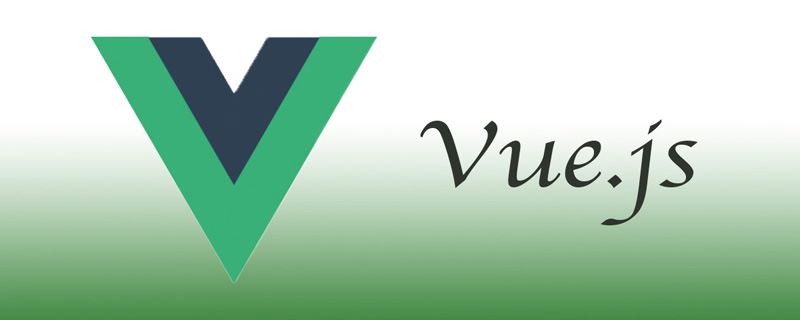
vue.use is used to register global plug-ins. It receives a function or an object containing the install attribute as a parameter; if the parameter contains install, install will be executed. If not, the parameter will be executed directly as install; and the first The parameters are always vue objects, and registered plug-ins will not be re-registered.

The operating environment of this tutorial: windows7 system, vue2.0 version, Dell G3 computer.
Related recommendations: "vue.js Tutorial"
Definition
vue.use() injects a plug-in globally , for global real-time use, no need to quote separately
Code understanding:
import Router from 'vue-router' // 入口文件全局注入vue-router, 从而可以在全局使用this.$route Vue.use(Router)
If you do not use vue.use, you must introduce it separately if you need to use it in the component
// a.vue import Router from 'vue-router' // b.vue import Router from 'vue-router'
After understanding its basic use and function, let's take a look at what happens in vue.use
The source code is very small, so I directly excerpted it
Vue.use = function (plugin: Function | Object) { const installedPlugins = (this._installedPlugins || (this._installedPlugins = [])) if (installedPlugins.indexOf(plugin) > -1) { return this } // additional parameters const args = toArray(arguments, 1) args.unshift(this) if (typeof plugin.install === ‘function’) { plugin.install.apply(plugin, args) } else if (typeof plugin === ‘function’) { plugin.apply(null, args) } installedPlugins.push(plugin) return this }
Summary
vue.use() is used to register global plug-ins. It receives a function or an object containing the install attribute as a parameter. If the parameter contains install, install will be executed. If not, the parameter will be directly executed as install. The first parameter It is always a vue object, and registered plug-ins will not be re-registered.
The above is the detailed content of What happens in vue.use. For more information, please follow other related articles on the PHP Chinese website!